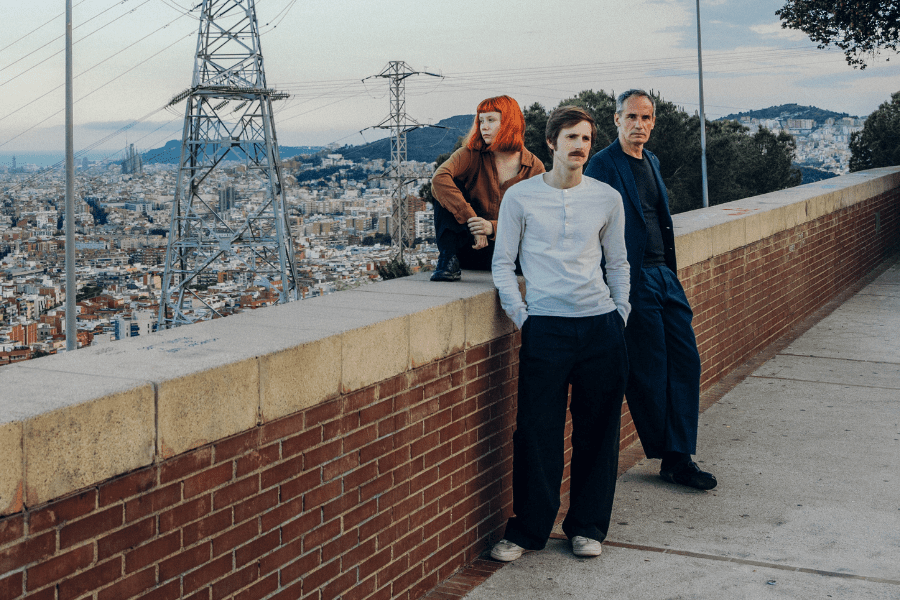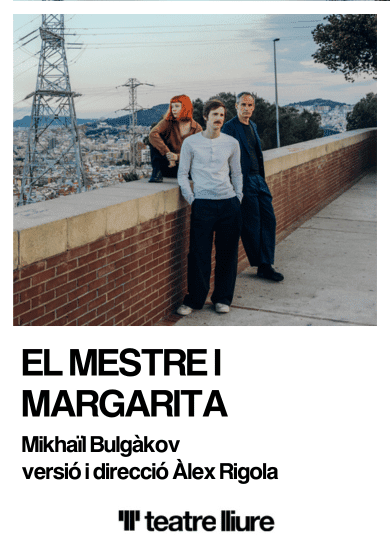
Alex Rigola returns to the Puigserver
It seems to make an eternity, but not so long ago, since Alex Rigola suffered what we could call the crisis ofIvanov. Was rehearsing the work of Chekhov when he doubted deeply on the meaning of his work. When there was just over a week for the Premiere, he retired the scenery, ordered his actors to come with home clothes and, from then on, neither Nikolai nor Anna nor Mikhaïl nor Yevgueni would be called, but Joan, Agata, Andreu and Nao, that is, they would cease to be characters to be people. Then I would do Vania In a wooden box, one of the most extraordinary assemblies we have seen in what we have been in the 21st century. And would finish her Chekhovian trilogy with The gull.
Rigola, in these eight years, has deconstructed. He has even opened his room, the Heartbreak Hotel, and has made a radical commitment to proximity theater, always with first -class performers, impressive in the short distance. But now it has come the turn of looking back and set foot again at Fabià Puigserver, the room he flipped when he directed the Free at the beginning of the 21st century and where he premiered, among others, 2666, Ricard III and Santa Joana of the Slaughterhouse.
A major challenge
To do this he has chosen the novel of Mikhail Bulgakov The Master and Margaritaan extraordinary work and of which we have seen a few magnificent versions, such as the one Simon McBurney to Greek 2012 and the one of Pep Tosar to Maldà, in 2013. Little joke, then, Rigola’s challenge when explaining, with translation of Xenia Dyakonovaa journey that runs between the Moscow of the 1930’s and the Jerusalem of Christ, where they travel from Jesus to Ponç Pilate, through the title Margarita, who will travel to hell in order to save his beloved.

The teacherthat will have the face of Nao albethas a lot to do with the Nikolai Ivanov de Chekhov. One is a dissident writer punished by the regime of Stalin. The other, a downward intellectual who disgusts him everything around him. The difference lies in the reach of the goals of the two authors and in the time they wrote them. Chekhov premiered his work in 1887, under the Tsars regime and the first communist turmoil, and his protagonist is a melancholy man who pulls the towel. Bulgakov, on the other hand, never saw his published novel. It did not come to light until 27 years after his death, in Paris, in 1967. His teacher is already the result of another time and, like many of his compatriots, of Stalin’s homicide furor against everyone who did not follow his dictates. In addition, we have Margarita (Laia Manzanares), figure as important as his lover.
That Rigola has decided to return to the Russians and look face to face a masterpiece like The Master and Margarita It’s excellent news. Because, perhaps, in the times they run, there may be no twentieth -century text that appeals to us in the way Bulgakov’s novel does. He himself wrote the version. Overcoming the McBurney kaleidoscopic assembly will be very difficult, but Rigola is sure to take us another way.
More information, pictures and entries:










